
For women who make breakthroughs in science , the journey to success is often not a straight line. Their efforts not only change their personal lives but also bring enormous benefits to society as a whole through pioneering research.
In the past, gender stereotypes and societal expectations made careers in Science, Technology, Engineering and Mathematics (STEM) non-traditional for women. However, more and more women are overcoming these barriers, pursuing their passion for discovery and proving their abilities in this field.
"Working in science is an opportunity to make a career out of being curious about the world around you. You ask questions that no one else might have thought of. It's a job that allows you to do amazing things and experience a wide variety of things, while making a positive contribution to the world," said Dr Emily Roycroft, who has worked to recreate natural habitats in Tasmania to protect endangered species.
Agreeing with this view, Dr. Leah Smith from the University of Otago emphasized that science is not just for "smart" children but is essentially a field for anyone who desires to discover new things about the world.
“Sometimes women and girls are bombarded with misconceptions that our brains aren’t analytical enough to succeed in certain career paths,” says Smith. “But curiosity is key. Skills and confidence develop over time, so don’t let other people’s perceptions or self-doubt hold you back.”
Smith and Roycroft are two of five fellows selected in the L'Oréal-Unesco Women in Science 2025 Programme. Together with Dr Brittany Mitchell, Dr Kaye Minkyung Kang and Dr Mengyu Li, they have demonstrated that barriers can be more than just challenges; they can also be motivators.
Determination to succeed
Wanting to be a scientist and actually being one are two different things. Navigating the path from dream to reality is not easy. As the first person in his family to attend college, Smith had to put his studies on hold for a year and work two jobs to pay for his university education in the United States.
From top to bottom: Dr. Leah Smith, University of Otago, Dr. Kaye Minkyung Kang and Dr. Emily Roycroft
However, her strong love for science always urged her to move forward. That inspiration came from the 90s science fiction TV series The X-Files, especially the character of Agent Scully.
Smith is currently a researcher at the University of Otago in New Zealand, focusing on bacteriophages—viruses that kill bacteria. With antibiotic resistance on the rise, bacteriophages are a potential solution to untreatable infections. “I’ve always been fascinated by the idea of exploring things that no one else knows,” Smith said.
Dare to pursue your passion
Dr Kaye Minkyung Kang, a lecturer at the University of Sydney, developed a love for science through her passion for diving. As a diving instructor, she was fascinated by the mysterious beauty of the underwater world, so much so that she was compelled to learn more about it.
However, her path to pursuing science was not smooth without support from her family.
"I come from a very traditional family in Korea, and they believe that women should not do science. They were very skeptical about my decision to pursue a PhD. But I believe the most important thing is to trust your intuition and dare to pursue your own passion," Kang said.
That passion has led Kang to research that actively contributes to solving the problem of climate change. She focuses on developing a process to convert carbon waste into useful chemicals for agricultural and industrial applications. She is also developing a more efficient conversion process that uses solar energy instead of electricity.
Kang encourages young women to not be afraid to pursue their passions and not be afraid to make mistakes. "Don't let negativity stop you, and remember that science is developed through trial and error. Challenges are part of the journey," Kang shared.
From Egypt to Tasmania
Dr Emily Roycroft's journey into science began with a passion for ancient history as a child, inspired by the book series "Cairo Jim". She initially studied Egyptian archaeology and evolutionary genetics at Monash University, with plans to pursue a career in medicine.
However, during his studies, Roycroft realized that scientific research could be the path to pursuing his true passion – evolution and genetics.
Roycroft now focuses on the conservation of Australia's native rodents, studying the genetic health of small remnant populations on islands off Tasmania and assessing their adaptability for reintroduction into mainland sanctuaries.
“Conserving these species is essential, not only to maintain biodiversity but also to restore balance in our ecosystems,” she said.
Source: Guardian
Source: https://pnvnweb.dev.cnnd.vn/the-he-nha-khoa-hoc-nu-di-tren-con-duong-it-nguoi-di-20250102154024884.htm



![[Photo] Dan Mountain Ginseng, a precious gift from nature to Kinh Bac land](/_next/image?url=https%3A%2F%2Fvphoto.vietnam.vn%2Fthumb%2F1200x675%2Fvietnam%2Fresource%2FIMAGE%2F2025%2F11%2F30%2F1764493588163_ndo_br_anh-longform-jpg.webp&w=3840&q=75)




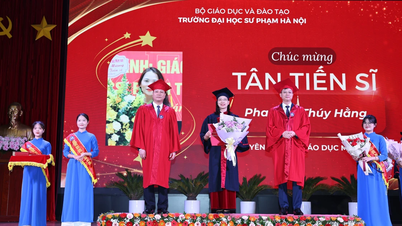

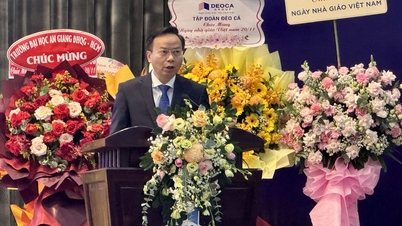





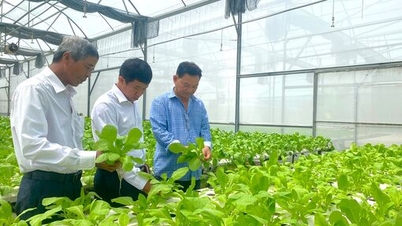

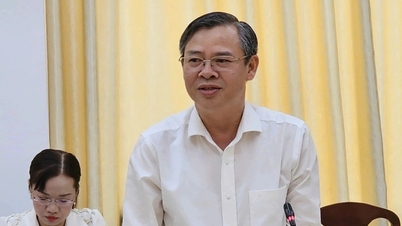

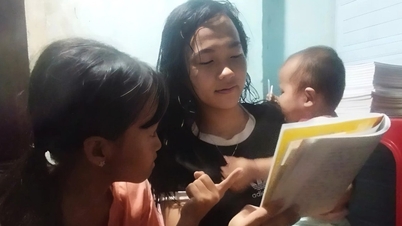
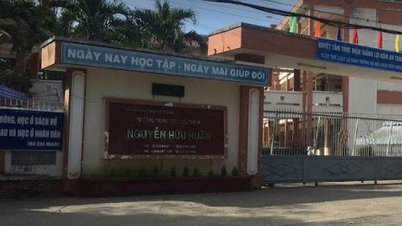

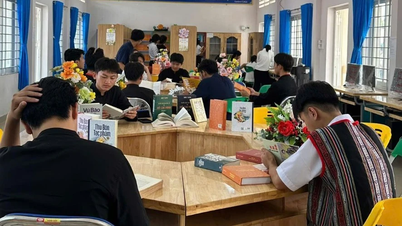
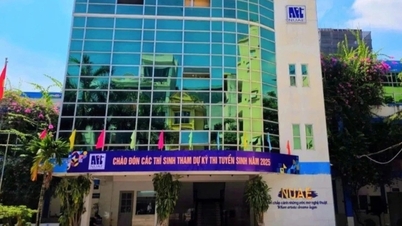







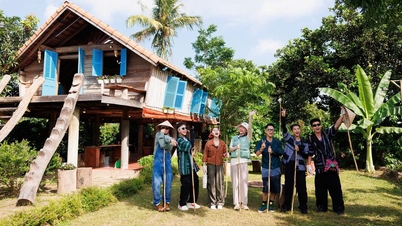
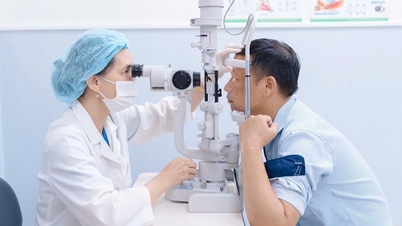

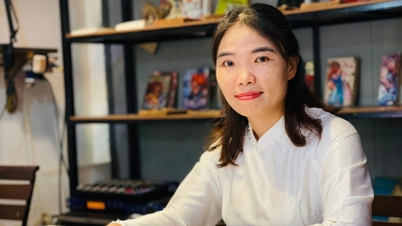

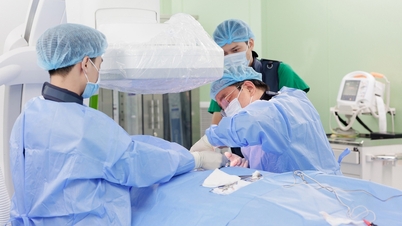


































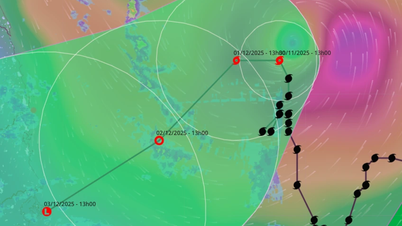
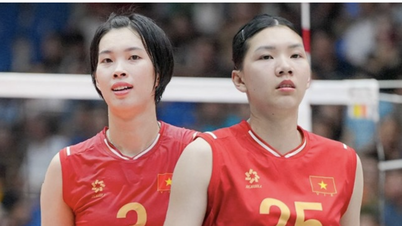


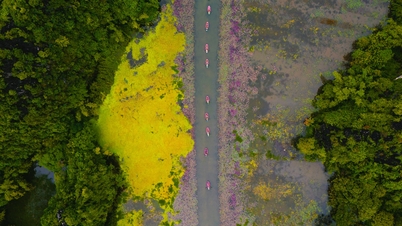


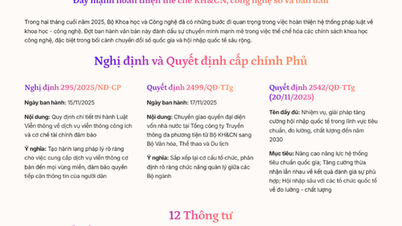

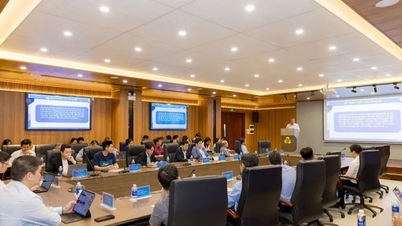
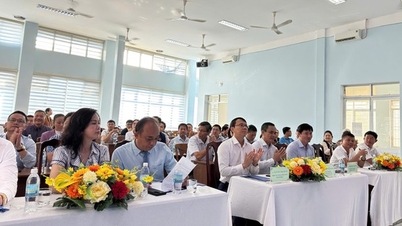



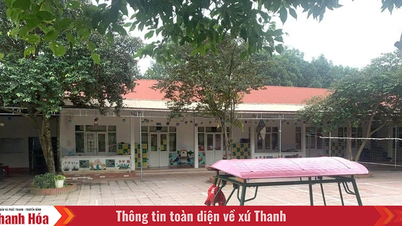

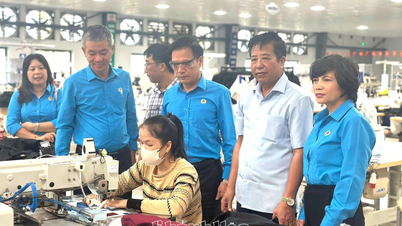

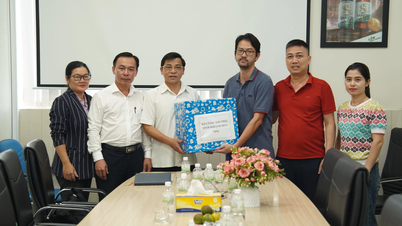
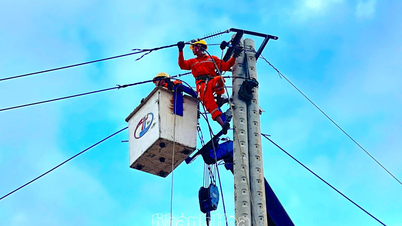

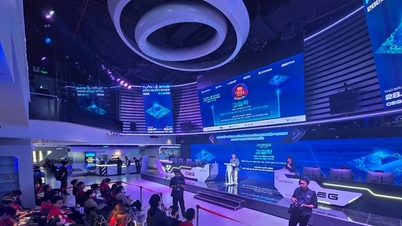













Comment (0)